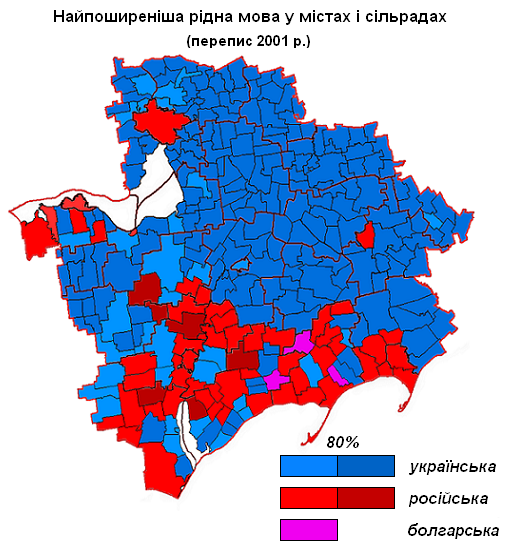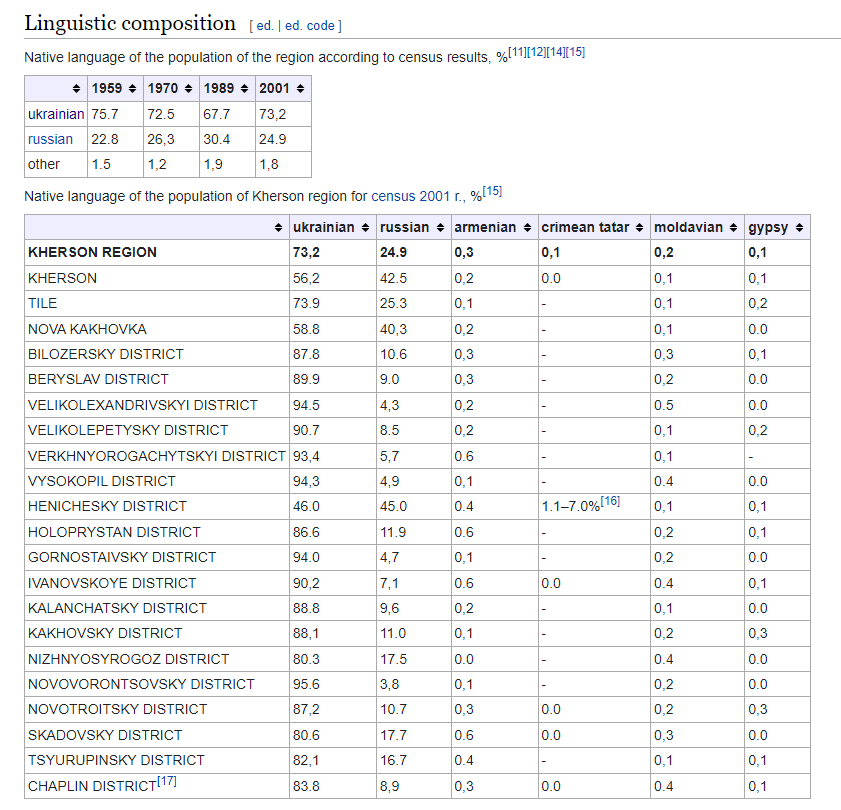Previous Subchapter → 6.6. The “Kiev Regime”
But there’s one narrative that particularly has had a lot of influence in the West when it comes to attempting to whitewash the invasion, the “Proxy War” narrative.
This argument particularly appeals to Western leftists and anti-war activists and for understandable reasons, there’s already a brewing sentiment that the world is nearing or already in a new Cold War, and the first Cold War was dominated by “Proxy War” conflicts, hot wars for the proxies but cold wars for the big players.
And when we look at recent conflicts involving the West, they do look like proxy wars in the style of the First Cold War, whether that’s the Syrian Civil War where US-backed rebels faced off against Russia-backed government forces, or the intervention in Afghanistan against the Taliban, where the Afghan government was essentially propped up by US-led coalition forces, crumbling as soon as they gave up on the conflict.
And there’s no doubt that if this is the Second Cold War, and we would argue it is, Ukraine is one of its first battlegrounds.
The US and the rest of the Western world are essentially fighting Russia “by proxy”, rather than confronting Russian forces directly, Western made tanks, armoured vehicles, missiles, small arms and more are doing that job in the hands of the Ukrainian fighters.
But that’s not the same as Ukraine being a proxy, for Ukraine to be a proxy it would have to essentially act as a client state, in other words a puppet, with the NATO alliance being the puppet masters.
And of course if you ask the Kremlin, that’s exactly what’s going on, Russian leaders and media platforms have been promoting the idea that the West is fighting Russia to the last Ukrainian, claiming that all the West has to do to end the conflict is let go.
The idea is basically that if the Russians and Ukrainians were left to sort this out themselves, they would quickly agree to peace, because Ukrainians don’t really want to fight, it’s just their puppet masters forcing them to.
Presenting Ukraine as a proxy is a strategy the Kremlin has used to shift the responsibility for the conflict from the party that started it, Russia, to third parties, and this clearly has been an effective strategy in some circles, the proxy war line is a message that many Western leftists and conservatives have resonated with, with self proclaimed “anti war” and “anti imperialist” activists supporting Russia or at a minimum downplaying their guilt in the conflict, repeating Kremlin talking points casting Kyiv as the new Kabul, but is that realistic?
Not really, as we mentioned in the second episode of this series, every forceful escalation of this conflict has been due to the actions of Russia, not Ukraine or the West.
The Euromaidan started when Russia pressured the Ukrainian government to drop their plans to join the EU, plans that were being carried out by President Yanukovytch, who was considered broadly “Pro-Russian”, the War in Donbas that followed resulted from Russia giving extensive military support to the separatists and the full scale Ukraine War after that was once again started by the Kremlin, after Putin gave the order to cross the borders.
These are all actions that Russia was not forced to take, they were conscious choices, did Ukraine and the West respond? Yes, they did, and sometimes very badly, but they responded to the crisis, they didn’t start it, so the idea that the West is simply dragging Ukraine into war is just not true.
In fact it’s often been the case that despite all of the Western aid it’s been getting, in both arms and money, Kyiv has still conducted the war on its own terms, in April 2023 following a massive leak of classified US military documents it emerged that the US was resorting to spying on Ukraine to understand its plans, with the Pentagon reportedly having a better idea of what Russia was up to than Ukraine, although it seems coordination has increased since those April leaks.
And when we look at how the Ukrainians have repeatedly pushed the boundaries of what aid Western countries were willing to deliver to their country, it seems less like NATO dragging Ukraine around, and more like the opposite.
And as for the chances of peace now, the idea that Ukraine has been looking for peace and the West has forced them back also lacks credibility, for example, we looked into this article written by activists from an organisation called “CODEPINK for Peace”, it asks why the US government continues to prolong the conflict and reject the the resumption of “promising peace negotiations” that it blocked in 2022, we followed the chain of sources for this claim, going from another news article, to a Twitter feed by Aaron Maté , a reporter from an outlet called The Grayzone, Aaron’s thread includes a quote from former Israeli Prime Minister Naftali Bennett, claiming that NATO broke off talks between Ukraine and Russia.
Former Israeli PM Naftali Bennet: NATO “decided that it is necessary to continue to smash Putin, and not to negotiate… They broke off the negotiations, and then it seemed to me that they were wrong.” pic.twitter.com/1sdDIWkWZz
— Aaron Maté (@aaronjmate) February 5, 2023
And this brings us to the last link on the chain, that quote comes from an almost 5 hour long interview with Bennett titled “Bennett speaks”, the section on Ukraine is roughly an hour, we watched it and it paints a different picture than that short quote from Aaron’s feed.
In the interview, Bennett confirms that he worked to organise talks between Ukraine and Russia, but far from these negotiations being opposed by the West, they were supported, Bennett explained that besides Turkish President Erdogan, he was essentially the only political leader left that had the ear of both Russia and the West1, explaining that his talks were coordinated with US President Joe Biden, US Secretary of State Anthony Blinken, UK Prime Minister Boris Johnson, German Chancellor Olaf Scholtz and of course Zelensky himself2.
Bennett stated that in the first week of the war, he had obtained some key agreements from both sides, Putin compromised on the disarmament of Ukraine, while Zelensky compromised on joining NATO, but this wasn’t a working agreement, there were 2 key remaining issues: Territory and Security Guarantees.
Ukraine of course wanted all of its former territory back, including the separatist held areas in Donbas and the Crimean peninsula, Russia wanted to preserve or incorporate the separatist republics and maintain its hold on Crimea3.
As for security, Bennett claimed that in exchange for agreeing not to join NATO, Zelensky wanted Ukraine to have direct security guarantees from the US instead. Bennett told Zelensky that this was impossible, the idea that the US would directly send troops into Ukraine, especially after the disaster that was Afghanistan, was crazy.
What Bennett instead worked out was something he called the “Israeli Model”, his theory was that Israel has no alliances or guarantees, but instead ensures its security with its strong military, and the same blueprint could be used for Ukraine, Ukraine would be a neutral but strong country4.
This resolved most of the issues, but it still left open the question of territory, where the stances of Ukraine and Russia were radically far apart from each other, Bennetts idea was essentially to set up a ceasefire, leaving the territorial questions to be settled later down the road5. But before that could happen, Bennett said that the defining moment that killed the talks was the Bucha massacre, which he called a “kafr kanna” event - an unexpected civilian tragedy that would break off the dialogue6.
As for the Western powers, Bennett split them into several groups on a spectrum from confrontation to pragmatism, with Boris Johnson on the confrontation side, French President Macron and Chancellor Scholtz on the pragmatic side, and Joe Biden in the middle7.
When he said that the West “blocked” the talks, he explained the issue like this, he didn’t see the Ukraine conflict as a matter of national security for Israel, so he wasn’t willing to act unilaterally, he wanted to coordinate everything with Germany, France, the US, Russia and Ukraine, with everyone on the same page, when Ukraine stopped cooperating due to Bucha, and the Western powers also pulled out over the talks, he gave up.
He also said that in retrospect it was too soon to known if a ceasefire would’ve been the right idea, speculating that the upside would’ve been an end to the casualties, but the downside would’ve been that agreeing a ceasefire after Putin had carried out an invasion of Ukraine could’ve been seen as rewarding thuggery, sending the wrong message worldwide8.
In other words, the chances for a real peace over this conflict were far more murky and complicated than the Pro-Russian narrative of Ukraine and Russia being on the same page with the meddling West being the only barrier.
And of course, as things are now, establishing a lasting peace is much harder, because not only has Putin claimed Donbas and Crimea, but also Zaporizhia and Kherson, insisting that Ukraine must accept these lands as part of Russia if peace is to be agreed, its important to point out that while Crimea and Donbas are mostly Russian speaking regions, Zaporizhia and Kherson are primarily Ukrainian speaking.
 Attribution: Tovel Licence: CC-BY-SA 3.0
“Native languages of Zaporizhia oblast according to 2001 census”
Blue = Ukrainian
Red = Russian
Attribution: Tovel Licence: CC-BY-SA 3.0
“Native languages of Zaporizhia oblast according to 2001 census”
Blue = Ukrainian
Red = Russian
It’s a big demand for Ukraine to give up any land, but Putin demanding Ukrainians give up regions that are majority Ukrainian is even more of a stretch, so as we can see, it’s very far from the case that the only thing blocking Ukraine from settling a peace is outside interference from the West, the Kremlin’s idea of peace is itself a massive barrier.
So is this conflict a dangerous flashpoint of a new Cold War? Most likely yes, but is Ukraine a simple chess piece with no agency of its own? No, definitely not.
Next Subchapter → 6.8. The Biolabs
Return to Episode Index → Episode 4 Index
Footnotes (Timestamp Sources)
Footnotes
-
https://youtu.be/qK9tLDeWBzs?t=9186 - 2:33:06-2:33:30 ↩
-
https://youtu.be/qK9tLDeWBzs?t=9593 - 2:39:53-2:40:05 ↩
-
https://youtu.be/qK9tLDeWBzs?t=9635 - 2:40:35-2:43:26 ↩
-
https://youtu.be/qK9tLDeWBzs?t=9817 - 2:43:26-2:45:36 ↩
-
https://youtu.be/qK9tLDeWBzs?t=9956 - 2:45:53-2:46:07 ↩
-
https://youtu.be/qK9tLDeWBzs?t=9563 - Kafr Kanna event first mentioned (2:39:23-2:39:53)
https://youtu.be/qK9tLDeWBzs?t=9936 - Bucha described as the Kafr Kanna event (2:45:36-2:45:52) ↩ -
https://youtu.be/qK9tLDeWBzs?t=10605 - 2:56:48-2:57:21 ↩
-
https://youtu.be/qK9tLDeWBzs?t=10804 - 2:59:27-3:02:02 ↩
